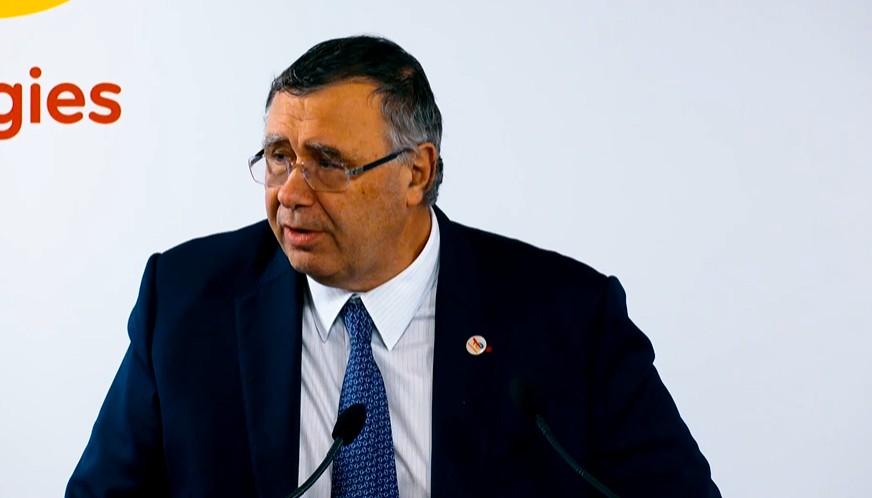This story requires a subscription
This includes a single user license.
TotalEnergies has a 37.55 percent operating stake in the Papua LNG project, ExxonMobil has 37.04 percent, Santos owns a 22.83 percent interest, and JX Nippon holds 2.58 percent.
In April last year, the partners delayed the project’s FID to 2025, saying that they needed to keep working with contractors to obtain “commercially viable” EPC contracts.
Pouyanne touched upon the Papua LNG project during TotalEnergies’ 2024 results and 2025 objectives presentation in London on Wednesday.
“We are very good, and I would say, strongly unify our forces with ExxonMobil together to find new ideas, to relaunch a tender,” he said.
“And again, we are not desperate to make the project, but we are working hard to make it back on track, acceptable Capex to deliver some value,” Pouyanne said.
“We’ll have all the offers by September 2025, so we should be able to take decisions,” he said.
In March 2023, the Papua LNG partners launched fully-integrated front-end engineering and design (FEED) for the project, while TotalEnergies sold a small stake in the project to Japan’s JX Nippon Oil & Gas Exploration in June.
The project calls for the design of about 4 million tonnes per year of liquefaction capacity adjacent to the existing PNG LNG processing facilities, operated by ExxonMobil and located 20 kilometers northwest of Port Moresby, Papua New Guinea,
The facility will receives supplies from the Elk-Antelope gas field.
Also, the project includes the use of 2 million tonnes per year of liquefaction capacity in the existing trains of PNG LNG.
Last month, Pouyanne met with James Marape, the Prime Minister of Papua New Guinea, to discuss the project, according to a statement.
Marape confirmed “substantial” progress on the re-engineering and re-scoping of Papua LNG, which is now moving toward the next phase of development.
“Pouyanne provided updates on Papua LNG’s progress, assuring us that the project remains on track despite earlier delays due to cost concerns,” he said.
“The initial tender of $18 billion for construction was deemed economically unfeasible, so the project partners went back to the drawing board. Now, the re-engineering work is in an advanced stage, and they are on schedule to move from the concept stage to final investment decisions and project development by the end of this year,” Marape said.

